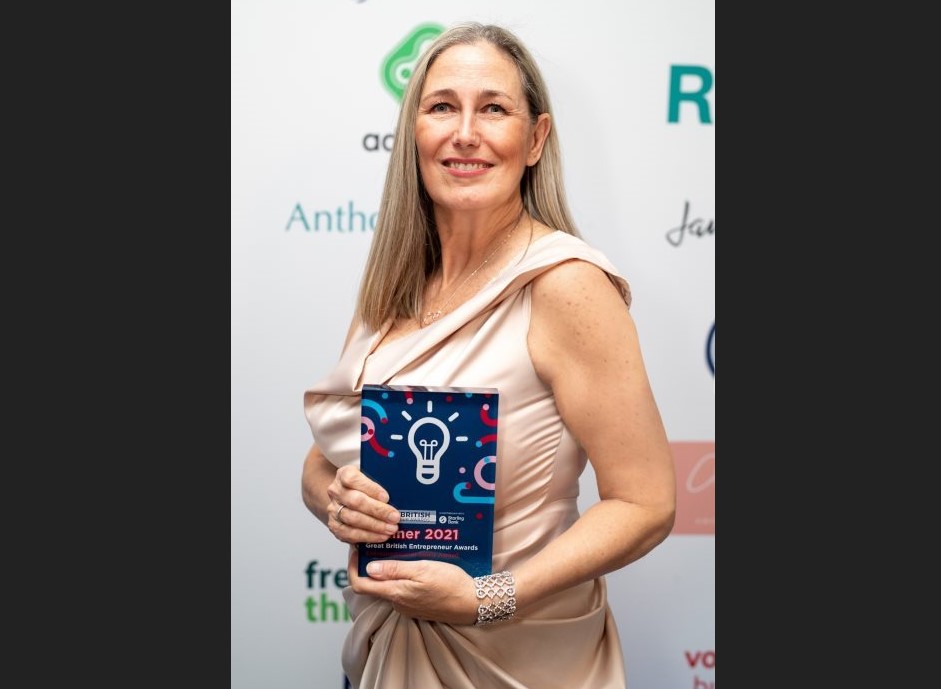The Royal Society for the Prevention of Accidents (RoSPA), which is headquartered in Edgbaston, has unveiled a new COVID Workplace Champion scheme. The scheme seeks to recognise those who have continually gone above and beyond to keep their colleagues safe during the pandemic. Nominations are being sought to recognise those individuals who have not only made their workplaces safe, but in doing so indirectly protected hundreds of thousands of people and their families.
RoSPA, known for its prestigious health and safety awards which impact on the working lives of more than seven million employees, is now seeking to highlight the contributions of those who have used their expertise, passion and unwavering commitment to help limit the transmission of COVID in workplaces.
Errol Taylor, RoSPA’s Chief Executive, said: “We know only too well the huge effort that has been required to keep workplaces functioning over the past 18 months. We also realise that this vital work must continue for the foreseeable future. Importantly, for each and every one of us, there are COVID Workplace Champions out there and this recognition scheme is for them. We simply want to say thank you, and keep up the great work!
“All businesses and organisations, big or small, have people who are working tirelessly to keep us safe - and often do so in the background and with little or no recognition. This is why we want to say to them: we see you; and we want to celebrate you.
“Making a nomination is free and anyone from a CEO to a caretaker can be put forward as a COVID Workplace Champion. We would like to see nominations from all sectors, irrespective of whether they are small businesses or large multinationals, from the public or the private sector, it’s time to show our gratitude to the people who are keeping us safe every day.”
Anyone can nominate a colleague or someone in their professional network, who they think deserves praise for keeping employees COVID safe during the pandemic. It is completely free of charge to nominate someone and RoSPA welcomes submissions from anywhere in the world.
Successful nominees will receive a certificate and will be invited to attend a celebratory event in 2022.


























